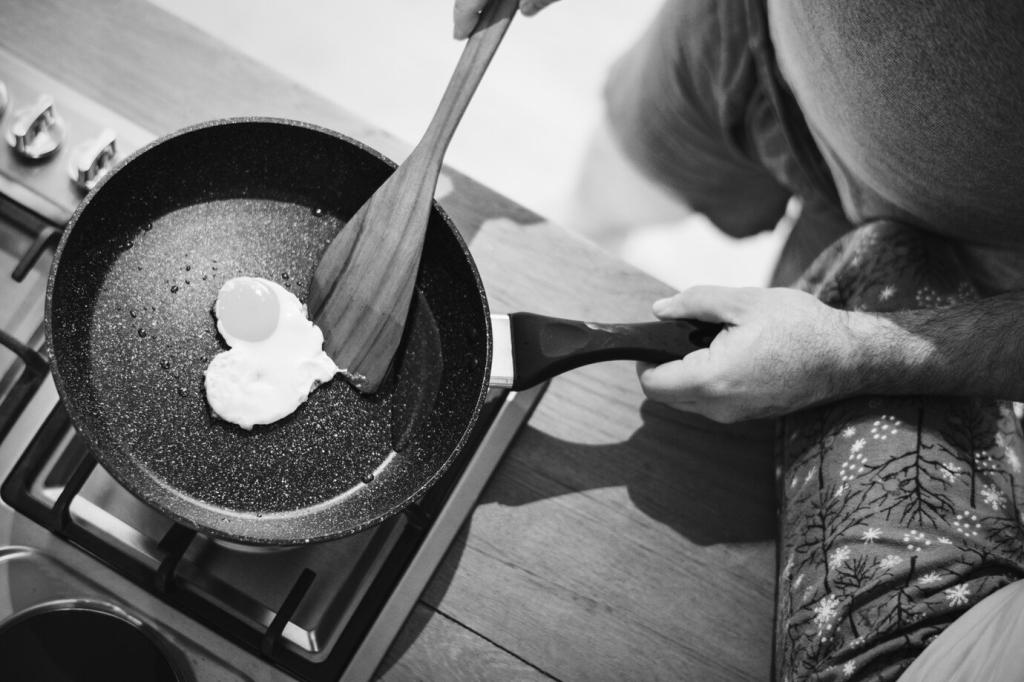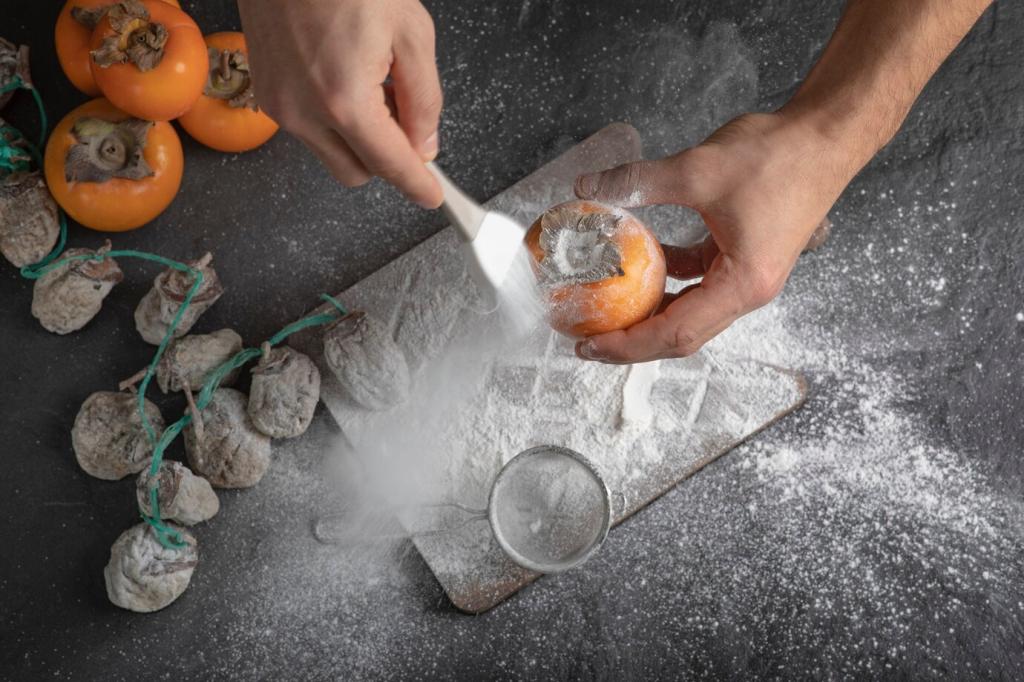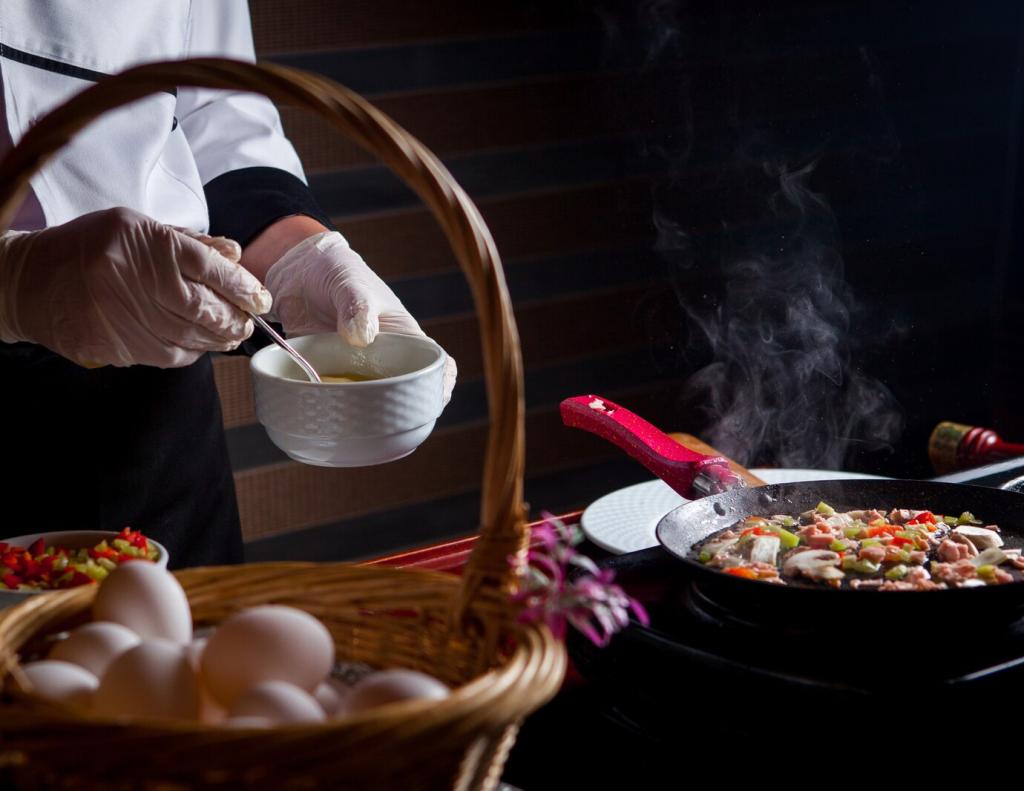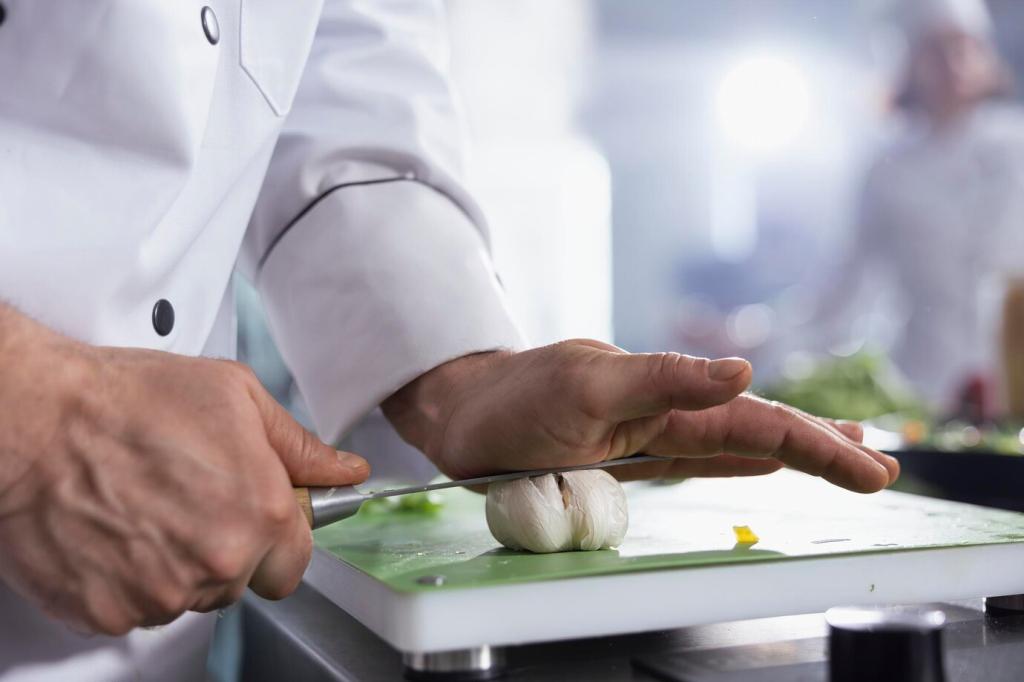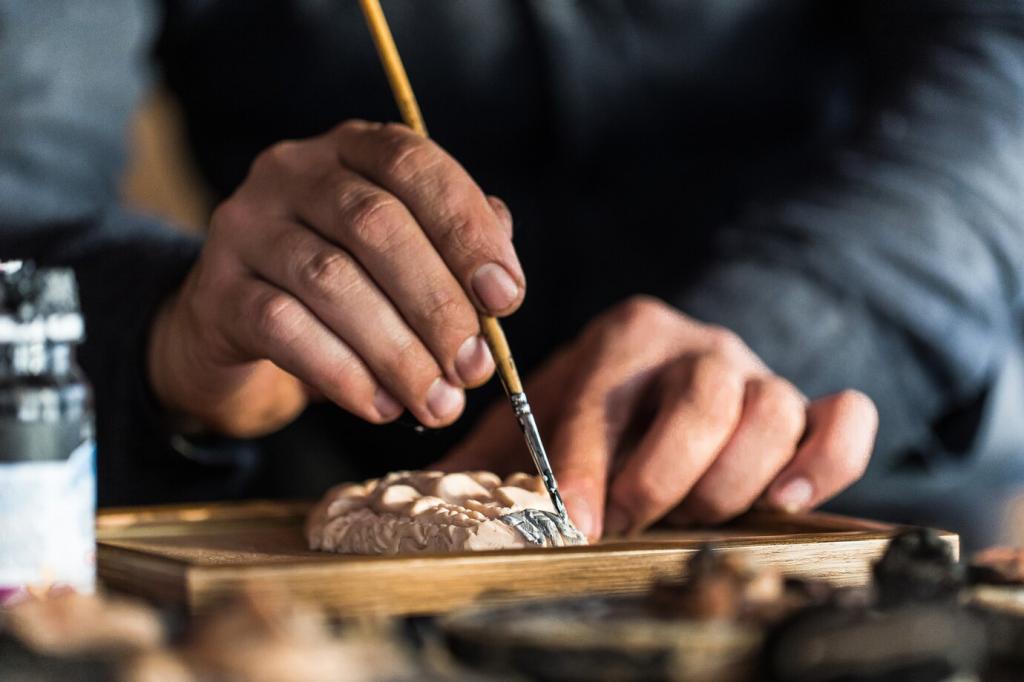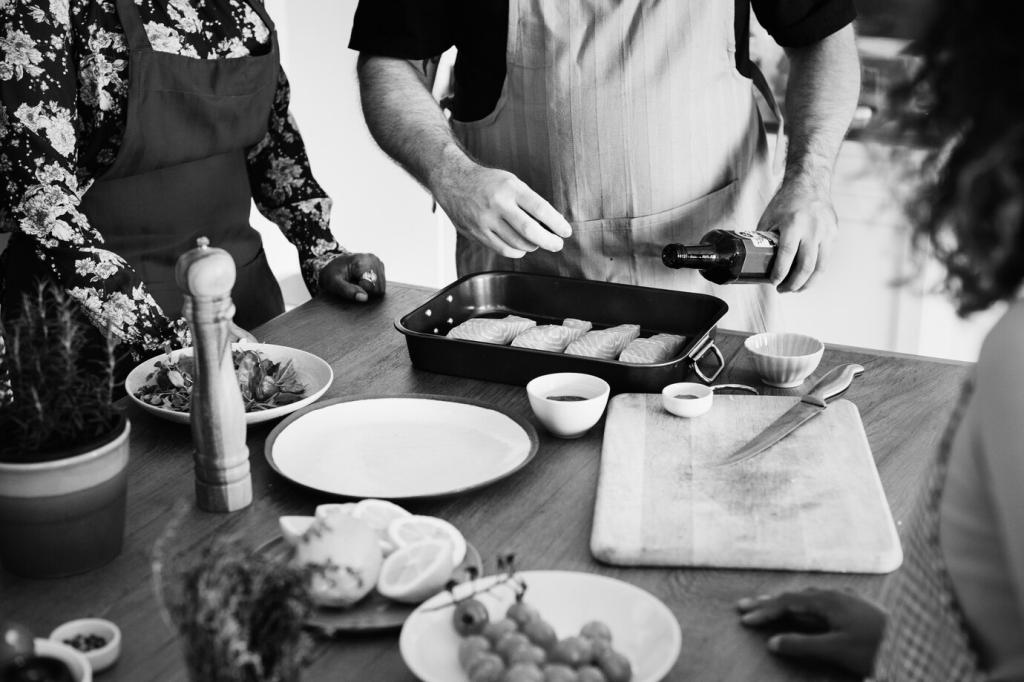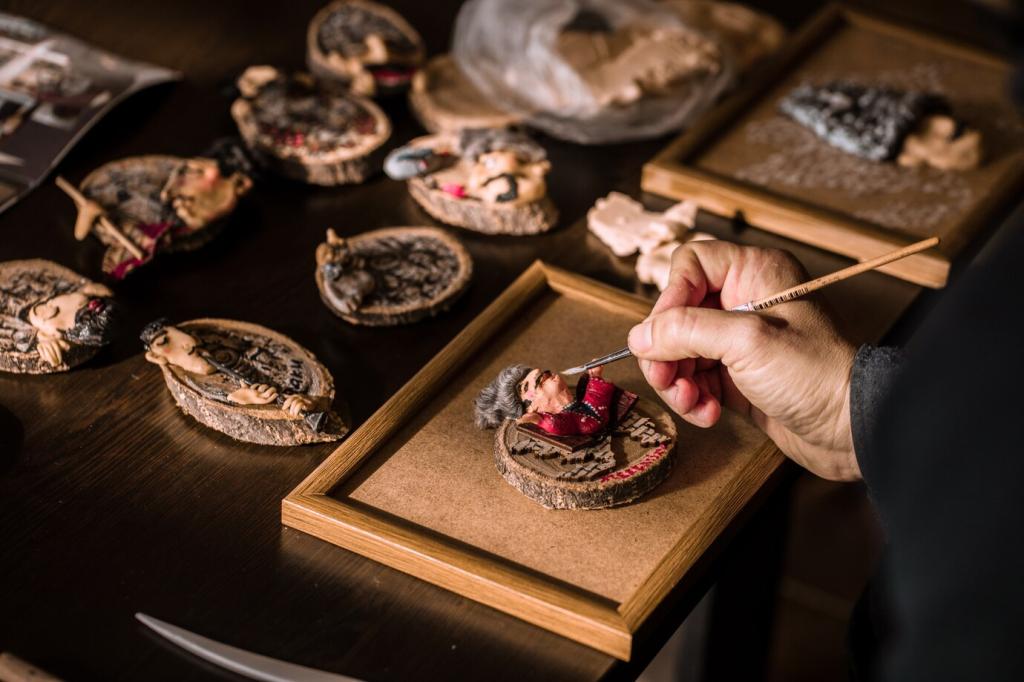Ethical Sourcing and Home Growing
Single-origin pepper tells a story of soil and stewardship. Seek transparent cooperatives and harvest dates. If you’ve found a producer you trust, recommend them and help fellow readers build responsible spice shelves.
Ethical Sourcing and Home Growing
Each saffron thread is a hand-plucked stigma, harvested at dawn. Quality demands patience and fair pay. Discuss how you evaluate authenticity, and share a dish where a few threads made all the difference.


